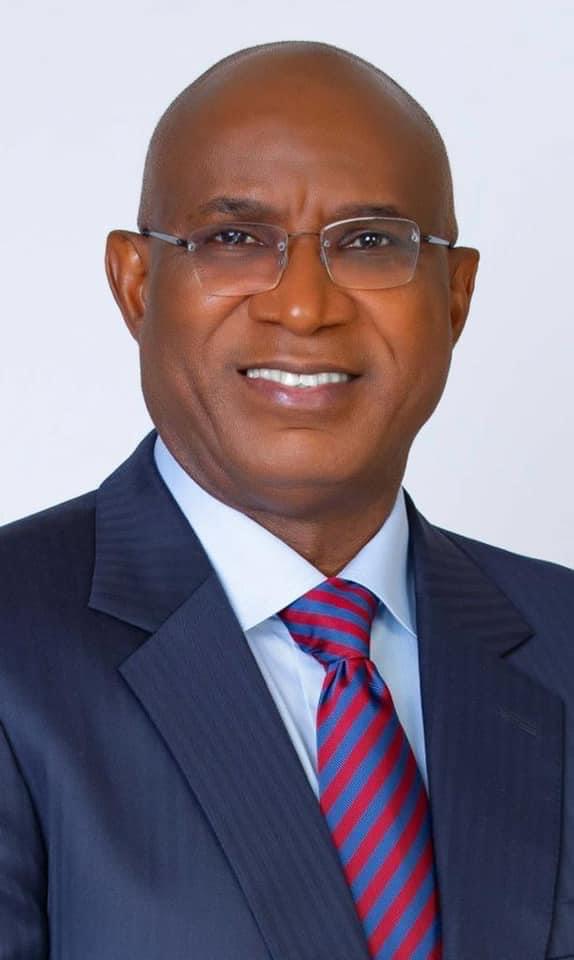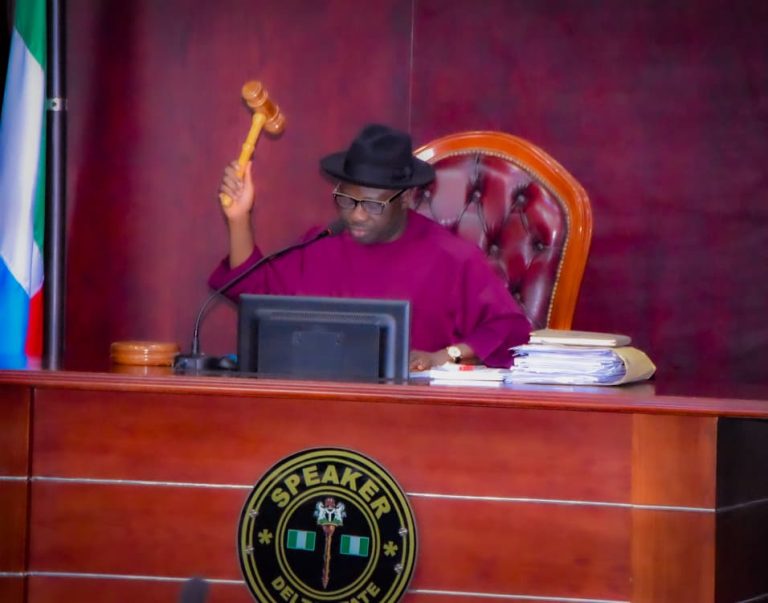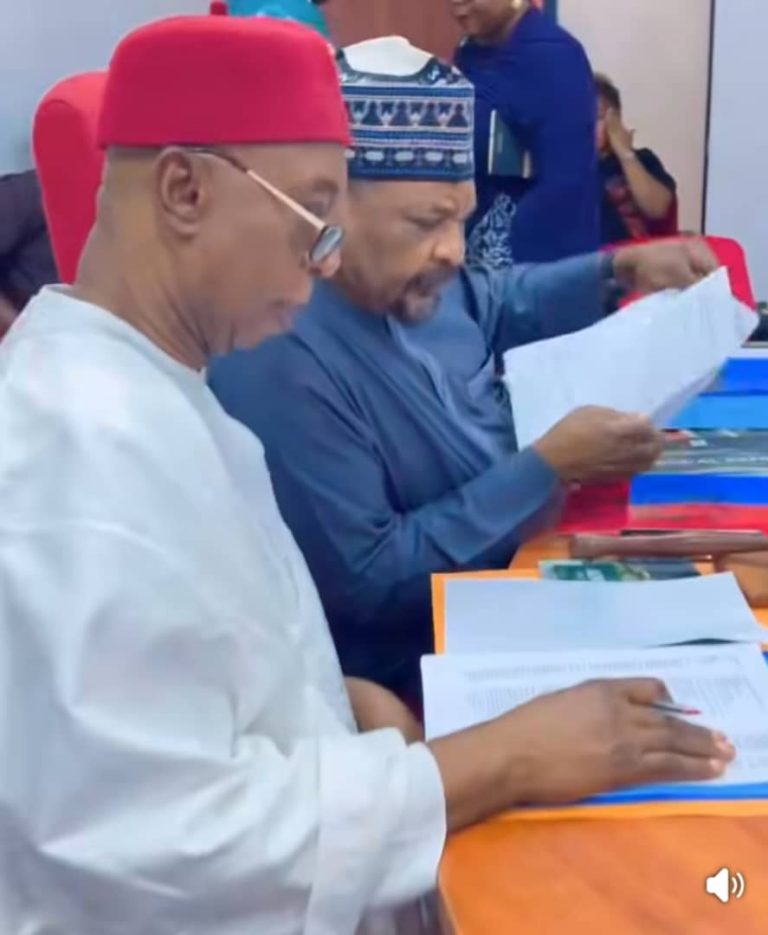
By Okolie Blossom Chidinma
Women’s rights have long been a subject of global concern and advocacy aiming to secure equal opportunities, freedoms and empowerment for women across various domains, also create an inclusive society.
Women’s rights are fundamental human fundamental human rights i.e Right to life, Right to vote, Right to live free from slavery, right to ownership of properties, right to education, Right to equal and fair wage etc..
Women are entitled to these rights, women should be protected not bullied, yet all over the world women are still denied these rights often because of their gender.
Winning rights for women is more than giving opportunities to any individual woman, it is also changing how countries and communities work, it involves changing laws and policies, investing in strong women’s organization and movement.
These issues cannot be associated to Nigeria alone, it has been a major issue faced globally.
Some systems have been put in place to support women and protect their rights, such as WRAPA, WOCON etc, these non-profitable organizations that have been put in place to support and protect women from the abuse of their rights to live free from violence and sexual assault, also African unions protocol to the African charter on human and peoples rights on the rights of the women in Africa.
Every woman should be given the right and freedom to decide if and when she wants to have children, she should also be granted the freedom to decide when or if she wants to get married, women should live equally and free from discrimination no matter her identity.
Women should be granted government or political positions.
Some women that have been put into political offices, have all contributed immensely to the growth of the country, Nigeria has been blessed with amazing women leaders. Women leaders like Ngozi Okonji Iweala, who is the Current Director general of the world trade Organization She is the first African and first woman to lead the world trade organization as a director general. She has contributed immensely to the growth of the country and have proven that despite being a woman, she is also worthy of political offices.
Also women like Obiageli Ezekwesili who was also the minister of Education for a few years and taking us back to the 20th century, Magaret Ekpo, a Nigerian woman, who was the founding member of the Aba women’s union where she played a major role as a grassroot and a nationalist politician. She was also a prominent member of the National council of Nigerian Citizens which fought for the country’s independence from the British colonial rule. Another Female, Fumilayo Olayinka served as the deputy governor of Ekiti state from 2007 to 2013
The family is the smallest unit and backbone of society. A woman is a mother, a family builder. In essence, women have contributed immensely to the growth of the country, they should be respected and granted the rights they are entitled to.
Despite the contribution these women have made to the growth of Nigeria, only 8% of women have been granted active political positions in politics.
Nigerian women have continued to excel in the private sector and are serving in top level position globally, yet featuring in public life at home remains challenge.
Regarding the 2023 election, there were a total of 18 political parties fielded 380 female candidates for the national assembly elections, 92 for the senate and 288 for the house of representative.
Out of the 92 who contested for the 109 senatorial seats, representing 8.4 %, only 3 won . They are Ireti Kingibe of the Labour party from the FCT, Idiat Adebule of the All Progressive Congress from Lagos west District and Ipalibo Harry Barnigo of the People’s Democratic Party from Rivers west district.
Only 15 of the 288 women who contested for house of representative seats also won, eight from APC, four from PDP and one each from Labour Party, APGA and YPP.
Nigeria according to the inter parliamentary union, women in politics report in 2022, ranked 184 out of 192 for women’s representation in the National parliament.
True to this ranking there are only 21 women in the ninth National assembly out of 469 members. At the sub-national level, 15 out of the 36 states have no female members in the state house of assembly.
Also, gender based discrimination should be prohibited. Despite the progress that has been made to secure the rights of the feminine gender both in nigeria and Globally, millions of girls and women continue to experience discrimination, disrespect, assault, violence, denial of equality, dignity and autonomy.
Women’s political rights still remain low, hindering their ability to influence policy and decision making.
The journey towards achieving full gender equality in Africa is ongoing, it requires concerted efforts from government, civil society, organizations, and individual alike by addressing challenges such as gender based violence etc, Africa can create a more inclusive and equitable society for all its citizens.
The empowerment of women is not only a matter of human rights but also a catalyst for sustainable development and societal progress.
Okolie Blossom Chidinma,
Jurisprudence and International law,
Delta State University, Oleh Campus.





